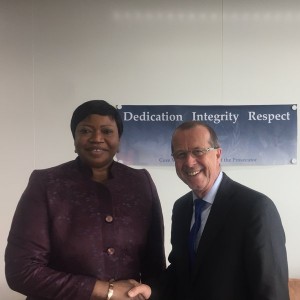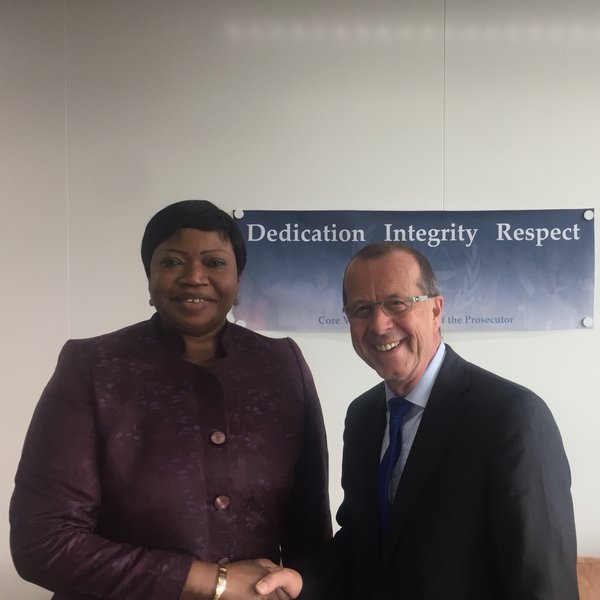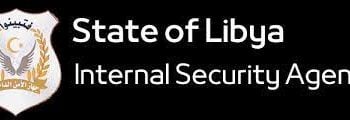By Libya Herald reporters.

Tunis, 23 May 2016:
UNSMIL chief Martin Kobler has been urging the International Criminal Court to get involved in . . .[restrict]Libya, something which, with the sole exception of the Saif Al-Islam and Abdullah Senussi cases, it has long been reluctant to do.
Kobler today met the ICC’s chief prosecutor Fatou Bensouda at the Court’s Hague headquarters in the Netherlands to talk about working together to identify and pursue war criminals and human rights abusers in Libya.
“Impunity must end” said Kobler afterwards. The UNSMIL chief has voiced his anger at the growing number of civilian deaths most recently after the Kish Square murders. Four demonstrators, including a woman and a 12-year-old child were killed and dozens injured when a pattern of four mortar shells landed in the Benghazi square on 3 May. He described the attack as “an heinous crime”.
Human Rights Watch has long criticised the ICC for its refusal to track down and prosecute Libyans accused of serious conflict crimes. In 2011 the court issued warrants for the arrest and extradition of Saif, Muammar Qaddafi and his security chief Abdullah Senussi. No other investigations have been mounted. Bensouda has pleaded lack of resources. The ICC may however have been scarred by the experience of the defence lawyer it appointed for Saif. Australian Melinda Taylor and three ICC colleagues were held by the Zintanis for over three weeks after she was accused of trying to smuggle “dangerous documents” to her client.
Taylor was only released after ICC President Sang-Hyun Song was obliged to issue an apology and promise a thorough investigation into what had happened. The outcome of that enquiry has never been revealed.
After her release Taylor hit out at the ICC judges for not taking any action against Libya over her detention. She also said that there was no way that Saif could receive a fair trial in Libya. Bensouda continued to demand his extradition to the Hague.
Yet at the same time, to the puzzlement of many, the ICC chief prosecutor said that she believed that Abdullah Senussi could receive a fair trial in Libya. After multiple adjournments and a widely criticised lack of due process, Senussi along with eight others, including Saif, who was tried by the Tripoli judges in his absence, was condemned to death. Appeals are currently under way. [/restrict]









